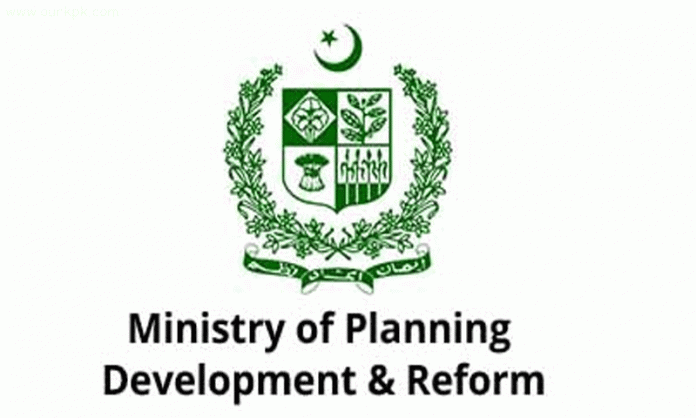ISLAMABAD: A one-day seminar on “Accelerating Growth for Employment Generation” was held on Wednesday in the Ministry of Planning Development and Reform. The seminar was organised by the macroeconomic section of Planning Commission to devise strategies to harness economic growth for employment generation. Low employment elasticity of economic growth raises concerns for policymakers and calls for revisiting the jobless growth phenomenon.
Secretary Planning Shoaib Ahmed Siddiqui gave the welcome remarks while Dr Ishrat Hussain being a renowned economist gave keynote address highlighting core issues of unemployment stressing to devise strong structural policies while also expediting their implementation. Pakistan Business Council’s Saud Bangash, Dr Sabur Ghayur and Joint Chief economist Rai Nasir Ali Khan also addressed the audience on the occasion. Senior officials of the Ministry of Planning Development and Reform and around 150 relevant stakeholders from industry and academia attended this healthy brainstorming session.
Dr Ishrat Hussain said that we need to look at the best practices in the developing countries to compete with the globalised world and overcome our socio-economic issues. This would not only help in acquiring equal competencies but help us in avoiding the mistakes and take precautionary measures. Dr Ishrat maintained that many myths have been created based on opinions, while the planning commission has the responsibility to start finding empirical evidence.
He said Pakistan has to start with the elasticities at a sub-sectoral level which would help in sorting out the required policy interventions and to ensure institutional changes to accelerate the coefficients of the time.
He stated that Pakistan is blessed with a serious, dedicated and intellectual women population but unfortunately many of them either don’t join institutions after acquiring education or their skills and talent remains unutilised. Equal female participation would enhance the productivity of the labour force. Secondly, the government will have to focus on the agriculture sector. Water scarcity is also one of the major constraints and therefore the govt needs to pay serious efforts to improve the utilization and productivity of the agricultural land, labour and water; revisiting and enhancing country’s agricultural policies.
Dr Ishrat Hussain observed that inequality and growth can never go together. Government and the policymakers will have to take into account the challenge of considering employment as a part of growth strategy as well as they need to equally focus on inequality reduction strategy. He further illuminated that besides macroeconomic challenges, Pakistan also has sectoral challenges which can only be met by the continuous consultation and joining hands with the experts from the private sector as well as taking on board the relevant stakeholders. He further stated that any employment policy would be meaningless if it lacks linkages between the labour policy, education policy, industrial policy, agricultural policy and the overseas employment policy.
Secretary Planning Shoaib Ahmed Siddiqui while giving the remarks said that employment generation offers a critical link between economic growth, reduction in poverty and income inequality. He said that the creation of productive remunerative and decent employment is a key mechanism through which benefits of growth can be distributed to different segments of society.
While speaking about the government’s reforms and employment situation, the secretary maintained that it has launched youth development program including Youth Business Loan schemes, interest-free loans schemes to vulnerable and poor, Youth Training Schemes, and Youth Skill Development Program through NAVTTC (National Vocational and Technical Training Commission). The secretary noted that CPEC has played a significant role through investment in energy and infrastructure projects, zero load shedding to the industrial sector, promotion of overseas employment and encouragement of micro-entrepreneurship contributed significantly to control unemployment.




